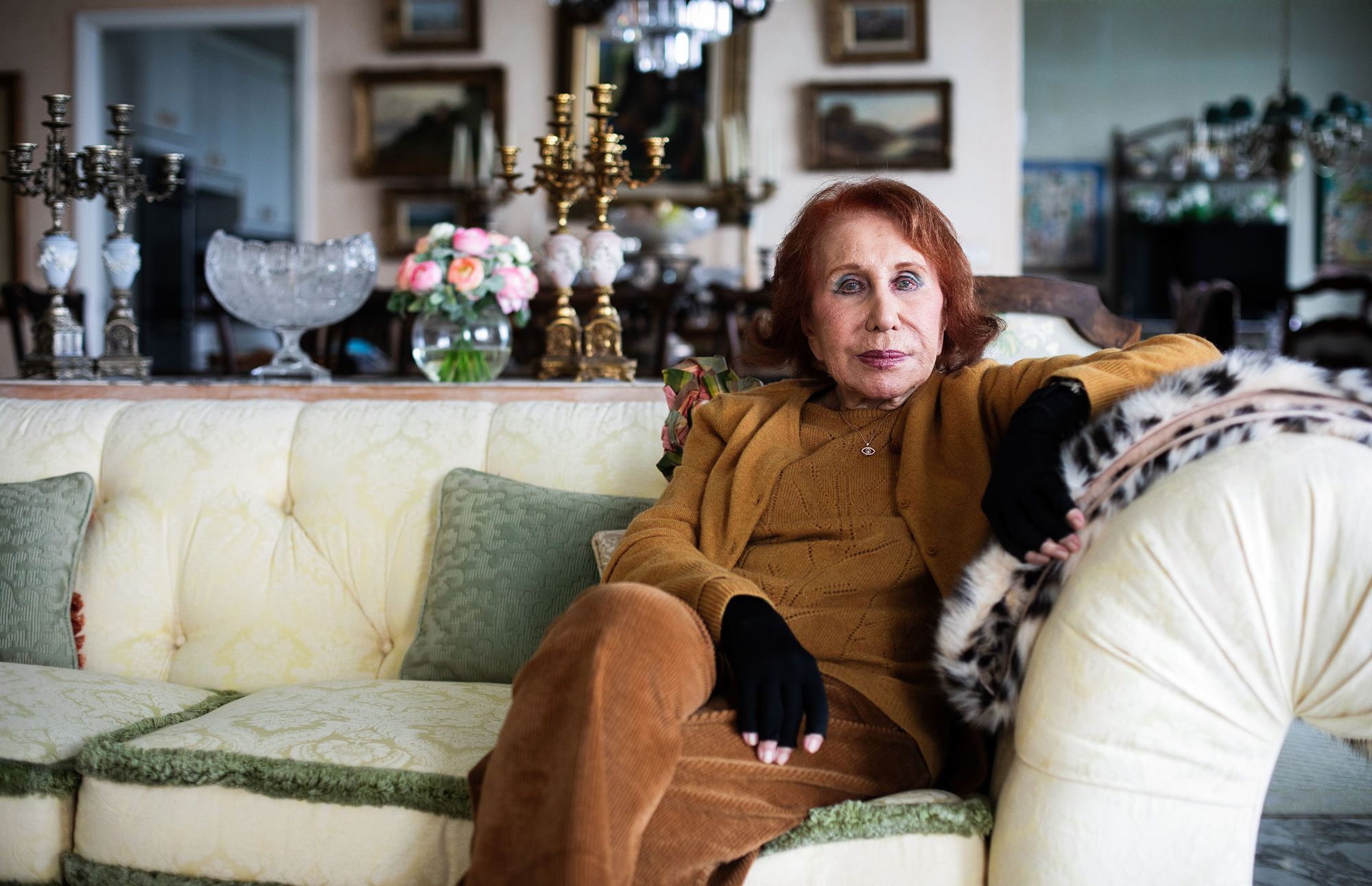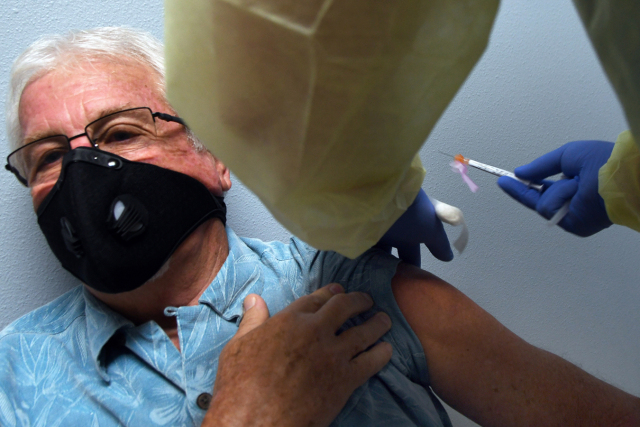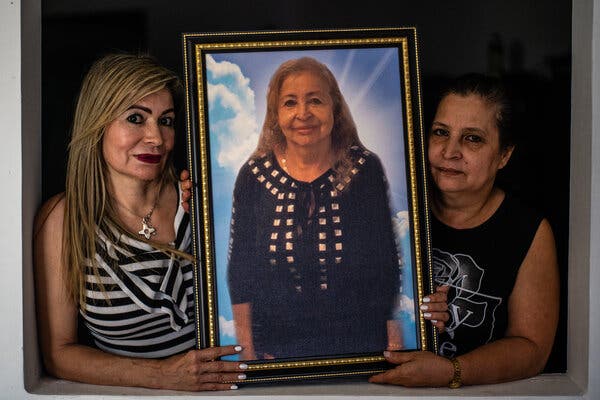Britney Spears has been under a California-ordered conservatorship since 2013, and in recent years has tried unsuccessfully to have her father, Jamie Spears, removed. Attorneys for Jaime Spears have maintained that he “has always acted in the best interests of his daughter.”
Conservatorships are court-ordered arrangements presumably designed to protect those who cannot manage their own affairs due to some physical or mental limitation. Each state has its own rules for conservatorships and courts may appoint anyone it chooses to be in charge of someone’s property.
A spotlight on Britney Spears’ conservatorship has led lawmakers in one state to consider changes, but some say focusing on the pop star could overlook the needs of those with disabilities.







 Think you’ll just let your family members decide how to dispose of your body when you die? This is a burden that is accompanied by a lot of stress and pressure to make some major decisions during a very emotional time. Imagine if one of your children thinks you should be cremated, and another believes only in Christian burial. Do you really want to leave it up to them?
Think you’ll just let your family members decide how to dispose of your body when you die? This is a burden that is accompanied by a lot of stress and pressure to make some major decisions during a very emotional time. Imagine if one of your children thinks you should be cremated, and another believes only in Christian burial. Do you really want to leave it up to them?